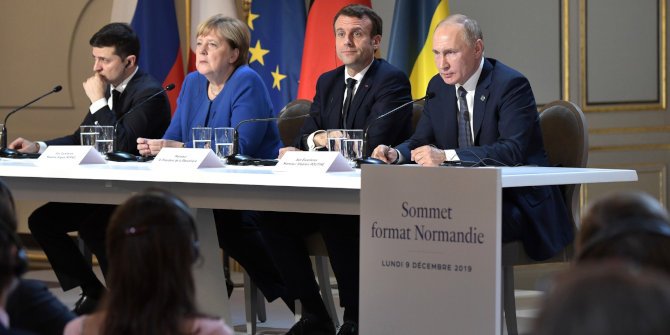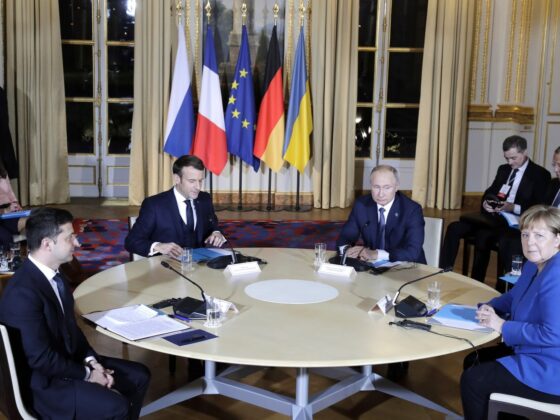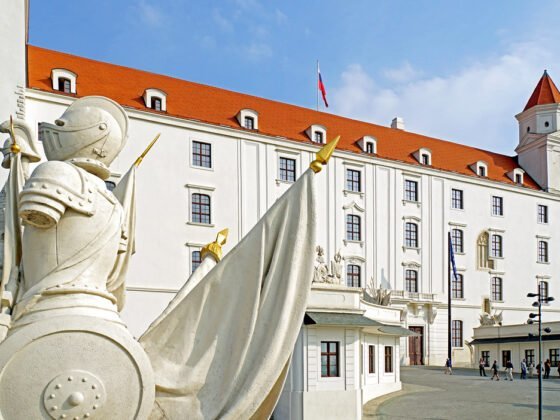(LSE) (Co-authored with Ryhor Nizhnikau) While most recent attention has been drawn to the diplomatic effort to achieve progress in the conflict resolution in Ukraine’s Donbas, which culminated in the summit of the Normandy Four earlier this week, the process of internal change in the country has somewhat slipped out of focus. It might be high time to bring the issue back into the limelight.
Ukraine’s President Volodymyr Zelenskiy, elected in April on a wave of anti-establishment sentiment, popular demand for reforms and the promise of a ‘new era’, has been in office for more than half a year. Furthermore, the pro-presidential party, ‘Servant of the People’, has enjoyed a comfortable absolute majority in parliament since elections in July, enabling the President to handpick and appoint a technocratic government. Arguably, the constellation of political factors has been more favourable for reform than ever before and might only become more complicated in future. This is why drawing some initial conclusions and observations is appropriate.
Read More © London School of Economics and Political Science











